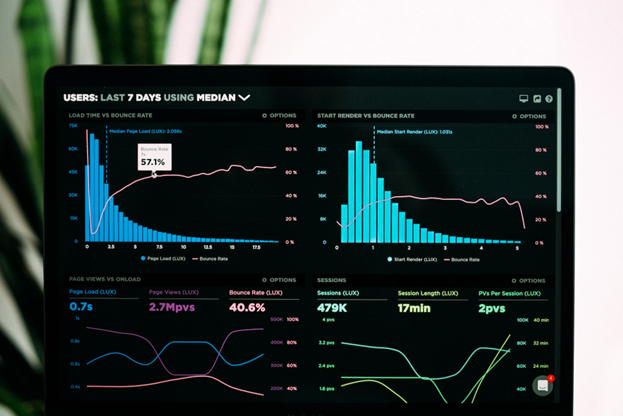How Does Data Mining Affect You?
By Sai Doppalapudi
September 28, 2022
In 2018, it was revealed that Cambridge Analytica had acquired the personal information of at least 87 million Facebook users without their consent. This data was obtained through a small number of accounts that utilized a quiz app, which amounted to about 3,000 accounts.
There is no escaping the huge value of our data. The market for global data mining tools was worth $591.2 million in 2018; by 2025, it is expected to be worth $1.21 billion. As a result, online data collecting is becoming more pervasive and ongoing.
Data mining is the process of using computers to analyze large amounts of data in an attempt to identify patterns. It uses data analysis to forecast your and other people’s behavior, including travel habits and buying history. When examined closely, this kind of data collection poses many ethical concerns.
Large amounts of data can be mined to reveal information about your shopping habits, product preferences, and health to major corporations. According to online learning provider EDUCBA, business strategists estimate that by 2022 there will be 5,200 TBs of data on every person on the planet. To put that in perspective, 1,000 short novels can fit into just one GB. Almost everyone leaves behind enough information that could be mined.
All this data enables companies to target you as a possible client. Additionally, it might attract unethical businesses or cyber criminals after your personal information. However, there are steps you can take to protect your privacy and reduce your exposure to shady data mining.
How Data Mining Affects You
The problem with data mining is that a significant amount of information kept in one place could be easily abused or taken. Businesses should make use of your information in a way that protects consumer data while also allowing for market trend analysis. However, this is not the case.
Your information would either be exposed to the public or used by criminal groups in the event of a data breach. Due to its monetary value, hackers are very easily drawn to the locations where large amounts of data are stored. Up to 57 million people may have had their details compromised in 2018 when there were 1,000 cases of data breaches.
How to Protect Yourself From Data Mining Risks
It is almost impossible to avoid creating and leaving data behind. However, you might be able to decide how much personal data miners have access to.
Before you sign up for any credit card, social media account, or website, you should first read the terms of service. Only click “Agree” if you are ready to accept the terms. This will alert you of the data you’re allowing.
Additionally, review the privacy statement on any website or social media network. The terms of service might not apply here. The terms of service for Facebook, for instance, total more than 3,200 words. It has a two-word link to a separate data policy that itself is 4,100 words. This second page explains the company’s plans for using and disclosing your information.
Countries have different privacy regulations and laws. In most of Europe, anyone can inquire about the data collection practices of any organization. In contrast, this is untrue in the US. The corporation or entity that collects the data typically has a lot of latitude under American law.

Check Settings on Apps, Social Media and Smartphone
The apps you’ve downloaded can send updates about you from your smartphone. You should consider if some information, such as your location, is necessary for apps to access. Delete apps you no longer use and change the privacy settings of apps you do keep.
Check Credit Reports and Data Breaches
You should check your credit reports once a year for unusual activity. The Federal Trade Commission lets you request a free copy every year. The credit bureau, Experian, also lets you monitor the so-called “dark web” for signs of stolen information.
In the same vein, haveibeenpwned.com is a free website that lets you check to see if your username or email has been involved in significant data breaches.
Privacy Tools
There are many free or affordable options to protect your privacy online.
Search engine DuckDuckGo.com does not gather or mine your data. Whereas, Google collects a ton of information about you. This includes the searches you’ve made, the websites you’ve been to, and the locations you’ve been to through Google maps.
You can download software called HTTPS Everywhere to safeguard your online connections. This guards you against imposters posing as a reputable website and prevents eavesdropping on your surfing activities.
Data miners cannot access individual accounts or corporate credentials by avoiding the typical username-and-password log-in. Safer options, such as password-less/phone-centric log-in and multi-factor authentication, are far more difficult to access remotely. humanID uses a non-reversible hash to authenticate users using their phone numbers only once. They instantly erase it after that. Because of this, hackers cannot access passwords or gain remote access to any accounts used on the device.



